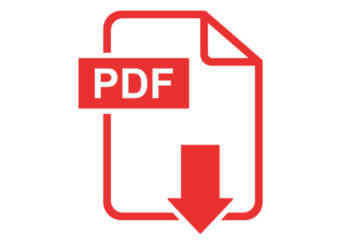
PDF accessibility
The University website has over 5,000 PDF files, most of which do not comply with accessibility legislation. If documents do not meet accessibility standards they could be breaking the Equality Act 2010. How can we…
We use cookies to optimise site functionality and give you the best possible experience

The University website has over 5,000 PDF files, most of which do not comply with accessibility legislation. If documents do not meet accessibility standards they could be breaking the Equality Act 2010. How can we…
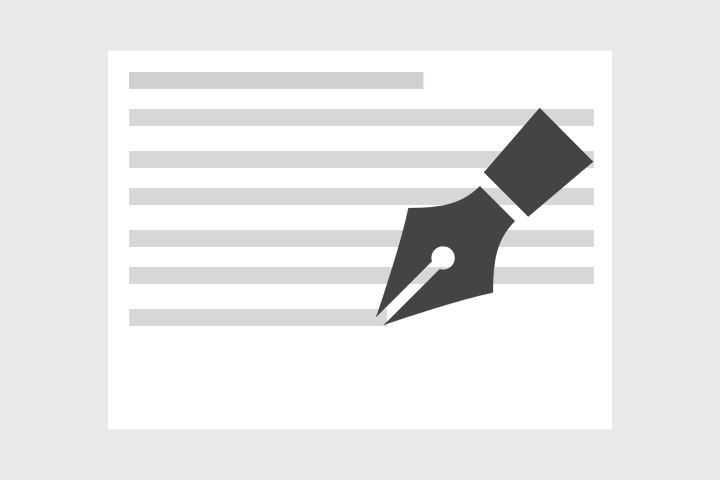
We are retiring the old long form page styles due to their accessibility issues.

Headings communicate the organisation of content on a page. Web browsers, plug-ins, and assistive technologies can use them to provide in-page navigation and to understand the relative importance of the information.
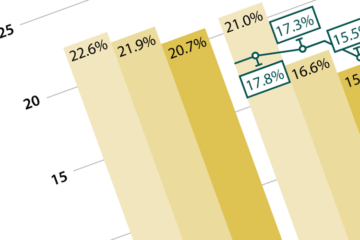
Charts and graphs are a great way to present complex information in a visual format that can make them easier to understand, but care must be taken to keep this information accessible for everyone.
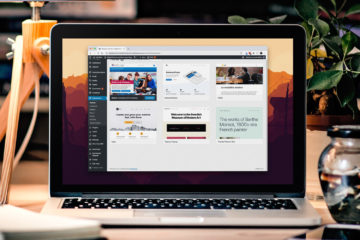
With the UK Government accessibility requirements affecting the University from September 2020, the Digital Communications team are making sure that all areas of the University website are accessible. This includes our…
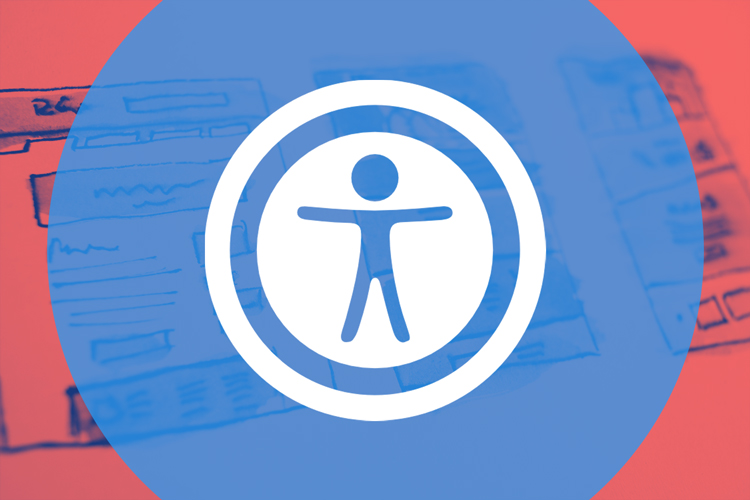
Inclusive design is not just for websites. Although not a requirement of WCAG 2.1 compliance standards, inclusive design must also be built into our social media channels. This allows everyone to have equal…
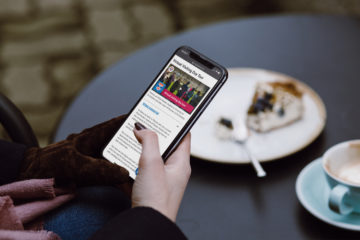
Recent updates to the digital pattern library include improved support and guidance for making embedded videos and audio more accessible.
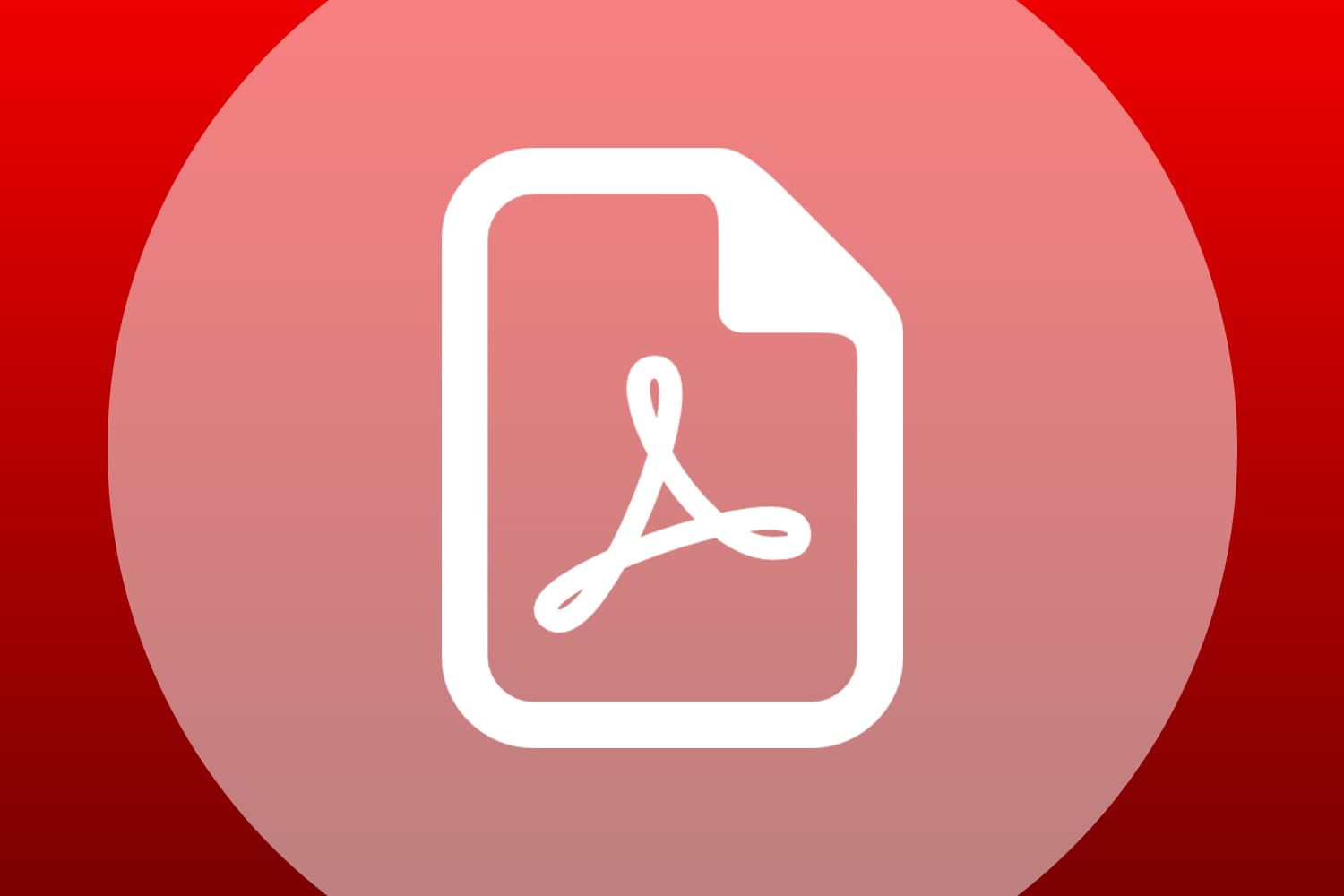
The Nielsen Norman Group (NNG) recently published a compelling article on why PDFs should be avoided at all costs on the web: Avoid PDF for On-Screen Reading.
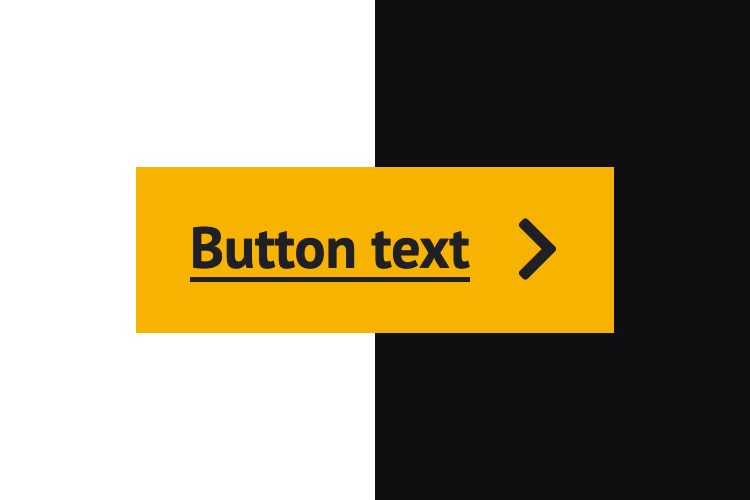
Keyboard accessibility is one of the most important aspects of web accessibility. The latest release of the digital pattern library (DPL) includes improved support for users who rely on a keyboard to browse our web…
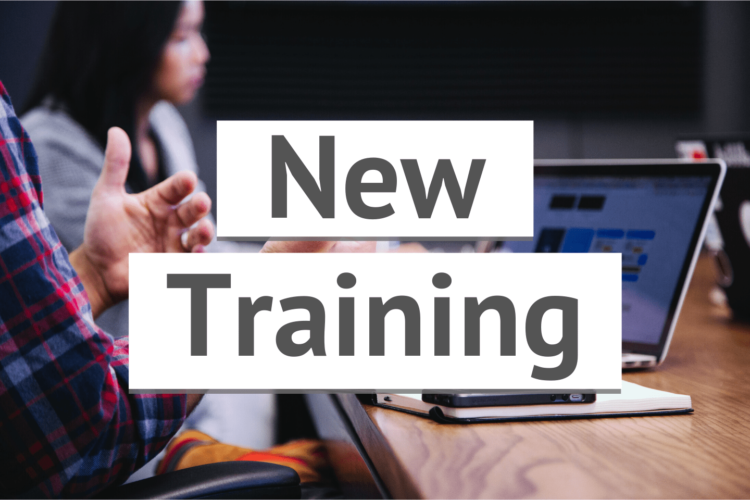
We have launched a new course as part of our digital visa training programme: Accessibility for the Web. This new session is a compulsory course for digital visa participants.